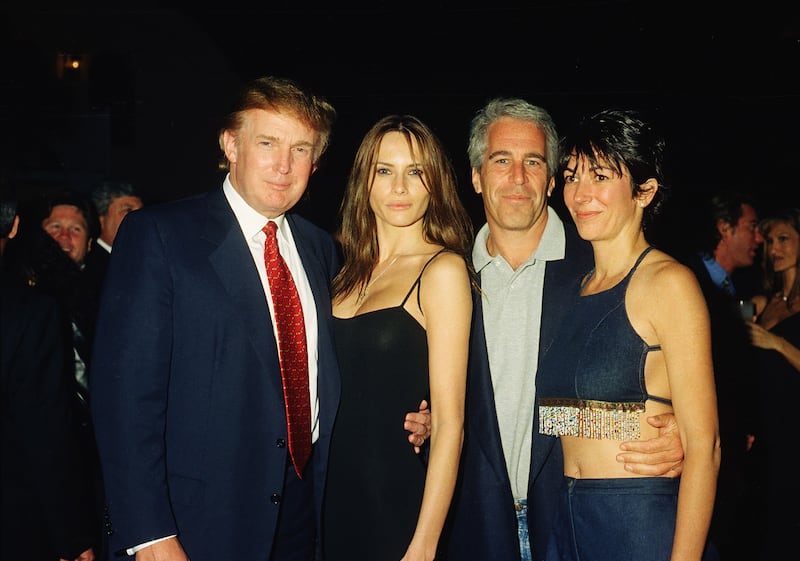A Republican thorn in Donald Trump’s side is joining forces with a California Democrat to seek answers from the administration over sex offender Jeffrey Epstein.
Kentucky Rep. Thomas Massie–whose opposition to the GOP’s budget bill last month led Trump to demand his exile from the party–teamed up with Rep. Ro Khanna to introduce the Epstein Files Transparency Act, which would require Attorney General Pam Bondi to make the documents public within 30 days.
“We all deserve to know what’s in the Epstein files, who’s implicated, and how deep this corruption goes,” Massie wrote on X. “Americans were promised justice and transparency.”
The Republican lawmaker explained the logistics of bringing the legislation to a vote.
“A discharge petition is a procedural tool for bypassing leadership,” he wrote. “In 7 days we can start collecting signatures. At 218 signatures, the House must vote on our bill requiring a full release of the Epstein files. If your Representative won’t sign the discharge petition, ask why.”
The move comes hours after the House voted 211-210 against a measure that would’ve allowed a vote on that legislation. All Republicans present for the vote rejected it.
On Monday, a similar effort by Democrats didn’t make it out of the GOP-controlled House Rules Committee. One Republican, Rep. Ralph Norman, sided with Democrats, but the amendment still failed, also by a single vote, 6 to 5.
The administration’s handling of the Epstein issue has sent shockwaves through Trump’s base, and the president’s pleas for his supporters to move on has only intensified questions.

Earlier Tuesday, House Speaker Mike Johnson called on Bondi, whom Trump has defended, to make the files public.
“It’s a very delicate subject, but we should put everything out there and let the people decide,” he said. “[Bondi] needs to come forward and explain it to everybody.”
Bondi sidestepped questions about Epstein during a press conference that same afternoon. She has been sticking to the Justice Department and FBI’s controversial memo from earlier this month announcing that, regarding the files, “no further disclosure would be appropriate or warranted.”



